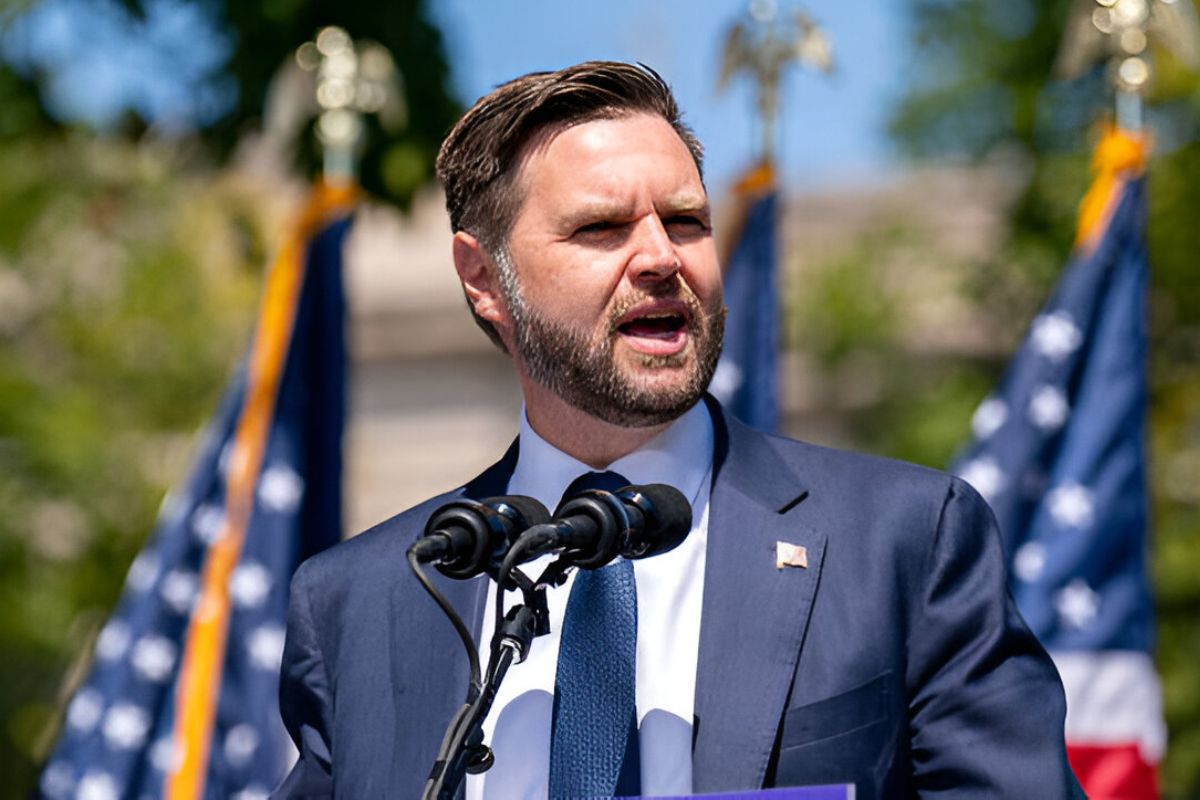Investigate the strategic and legal grounds behind Facebook’s purchase of WhatsApp, a $21.8B deal transforming the digital scene.
Facebook created news in February 2014 when it paid shockingly $21.8 billion for WhatsApp. This purchase at the time represented among the biggest tech acquisitions ever recorded. But why did Facebook, already a worldwide social media juggernaut, want to spend so much on a messaging app?
Strategic aspirations mixed with the need to negotiate challenging legal terrain drove the purchase. This paper explores the motivations behind this historic choice and how it will affect the IT industry. See WhatsApp Acquisition for a thorough analysis of the clearance for the transaction.
Facebook’s Strategic Vision
1. Expanding the User Base
WhatsApp claimed over 450 million monthly active users at the time of purchase, an amazing statistic rising daily. Facebook saw WhatsApp as a platform whose large, active user base fit their social media ecosystem.
Including WhatsApp, Facebook sought to:
Penetrate Emerging territories: Facebook gained access to territories where its platform was less prominent via WhatsApp’s prominence in areas such India, Brazil, and Southeast Asia.
Leverage Cross-platform Integration: By investigating synergies across its services, Facebook was able to improve connection throughout its network with this purchase.
2. Strengthening the Messaging Landscape
In the messaging market, Facebook Messenger was already really important. But WhatsApp’s appeal as a simple, ad-free, safe chat tool offered a chance to rule the worldwide communications scene.
Messenger and WhatsApp’s combined might confirmed Facebook’s leadership and make it a force to take under consideration against rivals like WeChat and Telegram.
3. Data and Insights
WhatsApp did not gather as much user data as Facebook, but its purchase offered Facebook indirect understanding of communication trends and consumption patterns. Understanding user behavior and preferences made this data quite helpful, which helped Facebook to improve its products on every platform.
Regulatory Considerations and Challenges
1. Navigating Antitrust Concerns
Regulatory authorities all around examined the agreement to make sure it would not limit competitiveness. Organizations like the U.S. Federal Trade Commission (FTC) and the European Commission closely examined the purchase.
Important elements influencing approval were:
Limited Overlap: WhatsApp was a messaging tool, whereas Facebook was essentially a social media tool, therefore reducing direct competitive issues.
User Benefits: Regulators agreed that integrating the two systems may improve user experience without instantly endangering market competitiveness.
But this agreement also prepared the ground for further discussions on market domination and huge tech acquisitions.
2. Privacy and Data Protection Concerns
Strong user privacy policies of WhatsApp, including end-to—end encryption, alarmed authorities and privacy campaigners. Facebook has to promise keeping WhatsApp’s privacy rules after acquisition.
Notwithstanding these guarantees, further revisions in WhatsApp’s terms of service and data-sharing rules drew heavy criticism and legal investigation in places including the European Union and India.
Monetization and Financial Implications
1. Monetization Potential
WhatsApp had a minimal membership cost at the time of the purchase but no advertising system. Facebook had long-term monetizing plans including:
Business Integration: WhatsApp Business features let companies connect with consumers.
E-commerce Possibilities: Directly enabling conversations’ transactions.
Payment Services: Broadening WhatsApp Pay in Brazil and India among other countries.
2. Return on Investment
Though the $21.8 billion price tag drew questions, Facebook regarded this as a calculated investment in future expansion. The great potential of WhatsApp as a major income generating tool from creative monetization strategies justified the high price.
Technological Synergies
1. Infrastructure and Innovation
By including WhatsApp’s strong infrastructure, Facebook was able to improve its backend capabilities—especially in relation to security, data management, and scalability.
2. AI and Machine Learning
Facebook improved its machine learning algorithms using WhatsApp’s data. These advances spurred developments in AI-powered services such language translation across all platforms and spam detection on all kinds of devices.
Impact on the Global Messaging Ecosystem
The acquisition changed the scene of global communications in a number of respects.
Increased Consolidation: It underlined the tendency of IT behemoths purchasing possible rivals thereby strengthening their power.
Heightened Competition: Rivals like Google and Tencent sped up their efforts to improve their messaging systems out of increased competition.
Regulatory Precedents: This agreement grew to be the standard for assessing next tech industry acquisitions.
Criticism and Controversy
Facebook’s purchase of WhatsApp drew criticism on several angles notwithstanding its strategic advantages:
Trust Issues: Changes in WhatsApp’s data rules following purchase undermined user confidence.
Regulatory Pushback: The agreement sparked discussions about the unbridled authority of large digital corporations once again.
Monopolistic Concerns: Critics said the purchase lessened messaging space competition.
Conclusion
The audacious and calculated action Facebook took to acquire WhatsApp changed both the direction of the business and the whole digital sector. Facebook positioned itself as a major player in the worldwide messaging ecosystem by including WhatsApp’s huge user base and infrastructure. Still, the agreement also spurred discussions on privacy, competitiveness, and the impact of big tech as well as governmental oversight.
The consequences of this purchase still affect market dynamics as the digital terrain changes, providing insightful analysis for both IT firms and legislators both.







